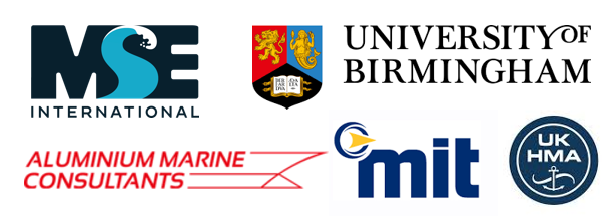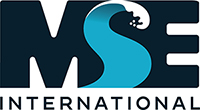HyCap Drive Project Overview

The HyCap Drive project will build a prototype marine parallel hybrid drive in which the electrical power is provided by a supercapacitor energy store. This differs from the traditional marine hybrid drive configuration that uses lithium-ion batteries as the source of electrical power. The main advantages of this novel HyCap configuration are:
- very high peak-power rating from a relatively small super-capacitor;
- avoidance of the fire hazards associated with lithium-ion batteries;
- lower cost and longer life compared with lithium-ion batteries;
- suitability for retro-fitting (due to its compactness) offering a stronger investment case for decarbonising existing diesel-powered vessels.
Collaborations with a range of vessel operators and naval architects over recent years have highlighted a number of common use-cases where this type of hybrid drive would offer substantial benefits. These include: ferries which require short-duration high power for manoeuvring into/away from berth; workboats that cruise at modest speed with bursts at higher power/speed. In such use-cases, the energy required for the boost power of limited duration is compatible with the capabilities of the supercapacitor modules.
The project will build and test a prototype unit comprising an existing parallel hybrid gearbox and electric motor, coupled with an assembly of super-capacitor modules and associated DC-DC converter and variable frequency drive. This will be tested in a laboratory rig comprising a prime-mover engine and output dynamometer, with a full suite of monitoring and logging facilities.
Principle areas of innovation to be addressed in the project include:
- development and testing of the super-capacitor interfacing to an AC motor;
- validation of the drive at a complete system level;
- measurement of system performance under market-led use-cases.
Furthermore, the project will undertake key tasks to develop a well-evidenced commercialisation plan including:
- preliminary engineering and cost analysis to quantify the savings available for HyCap against conventional hybrid drives;
- assessment of fuel savings available with HyCap compared with a traditional diesel drive, under the use-cases;
- creating a value proposition based on the above enabling interest from selected early-adopter users;
- populating a commercialisation plan showing the route to market and scale-up potential.
HyCap Drive is part funded by the Clean Maritime Demonstration Competition (CMDC) 4 funding from Innovate Uk.
The project partners for HyCap are:
MSE International, who will coordinate the project delivery and perform the commercialisation planning and communications.
University of Birmingham, who will assemble and test the prototype drive and analyse results.
Marine & Industrial Drives, who will supply a hybrid gearbox and assist UOB in assembling and running the prototype. MIT supplies a wide range of drive systems to vessel builders and off-road vehicle builders, with full technical support services.
Aluminium Marine Consultants, who will provide data and technical support to the impact assessment and also assist planning for the demonstration phase. AMC builds a variety of windfarm vessels, firefighting vessels and other specialist craft. Current projects include a hybrid propulsion concept vessel.
UK Harbour Masters Association will act as a conduit between the project and its members who are mainly vessel operators. It is an unfunded partner to avoid perceived bias in favour of one commercial offering. UKHMA has over 500 members and is a non-profit organisation.
To be kept up to date with the HyCap project and other projects and activities in the maritime decarbonisation sector please subscribe to our Maritime Decarbonisation Interest Group here.


